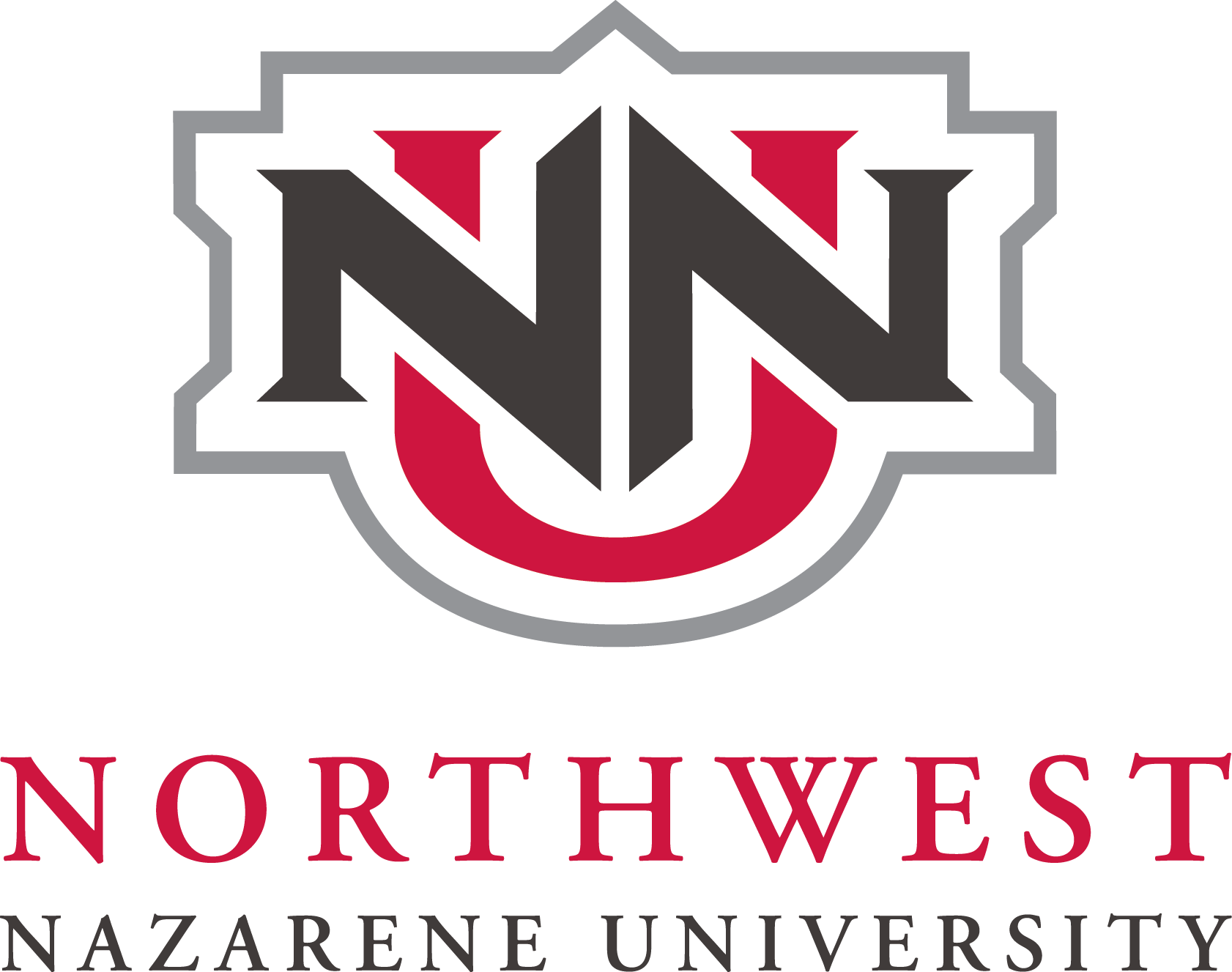If you’re a working adult thinking about heading back to school, one big question probably tops your list: Will this degree actually help me land a better job? You’re not alone. Today’s professionals are investing in graduate programs that not only expand their knowledge but also guarantee solid career outcomes. In other words, job placement is where the real value lies.
Why Job Placement Rates Matter More Than Ever
Gone are the days when having a master’s degree automatically meant a corner office and a paycheck to match. Employers are looking for candidates who can hit the ground running. That’s why the career outcomes of graduate school programs have become a key metric for students deciding where to invest their time and money.
A school’s job placement rate, basically, how many graduates land jobs in their field within six months to a year after finishing, tells you how well-connected and career-focused the program is. High rates mean strong employer partnerships, relevant coursework and a proven record of helping grads get hired.
What to Look For in High Job Placement Programs
When searching for the best graduate programs for high job placement, think beyond glossy brochures and lofty mission statements. Ask the tough questions:
- What are the program’s actual job placement statistics? Schools with rates above 90% are serious about career prep.
- Does the school have partnerships with employers? These connections often lead directly to internships and job offers.
- What kind of career support is available? Resume workshops, networking events and mentorship programs make a huge difference.
- Are graduates satisfied with their outcomes? Alumni reviews can tell you more than a ranking list ever could.
The MBA Factor: Business Degrees and Placement Success
If you’re leaning toward business, MBA programs have long been a popular choice; but not all are created equal. The most competitive MBA programs boast placement rates above 95%, with graduates walking into roles at top firms or launching their own ventures.
When comparing MBA programs, pay attention to the average starting salaries and the industries that hire graduates. For example, MBAs with a focus on data analytics or project management often have stronger placement results than traditional generalist programs.
The Working Adult Advantage
Here’s some good news: as a working professional, you already have an advantage. You bring real-world experience, transferable skills and an existing network. All things employers value. A well-chosen graduate program should build on what you already know, not start from scratch.
Look for flexible options like online or hybrid formats that allow you to balance work, life and school. The best programs for adult learners understand that success means more than just earning a diploma; it’s about positioning you for immediate career growth.
Spotlight: Northwest Nazarene University
If you’re exploring programs with exceptional career outcomes, Northwest Nazarene University (NNU) is a great place to start. NNU’s graduate programs focus on real-world application and career readiness, offering degrees in business, education, theology, counseling and more. Many of NNU’s graduates report quick job placement and advancement thanks to a strong network of employers and hands-on learning experiences.
Whether you’re pursuing an MBA, a master’s in education, an MSW or another specialized degree, NNU’s blend of academic excellence, flexibility and personal support makes it a standout choice for working adults who want results, not just credentials.
Final Thoughts
When it comes to choosing the right graduate school, don’t just ask, “What will I learn?” Ask, “Where will this degree take me?” By focusing on graduate program job placement and proven career outcomes from graduate school, you’ll make an investment that pays off long after graduation day.
Want to see what grad programs NNU has to offer? Check out nnu.edu/gps.








